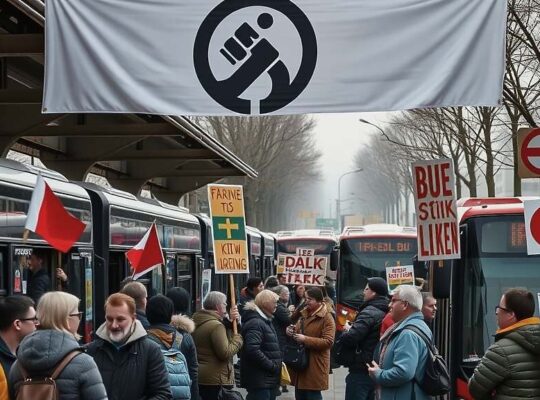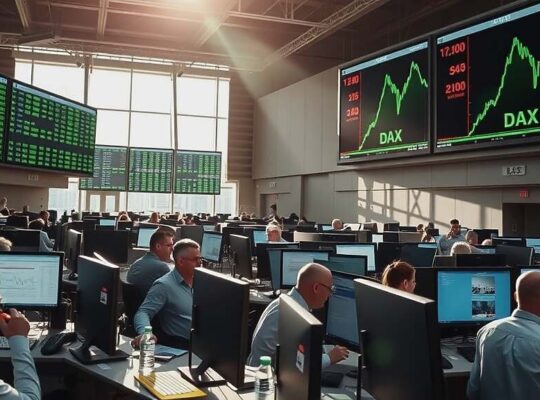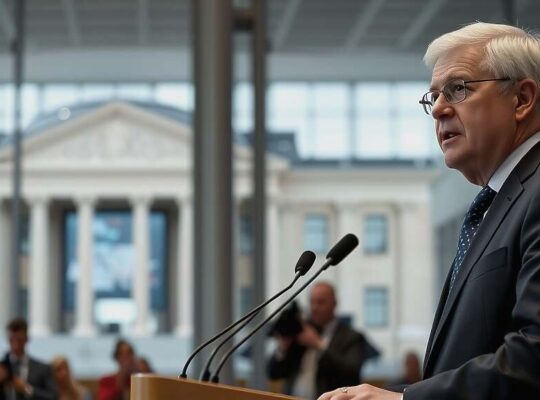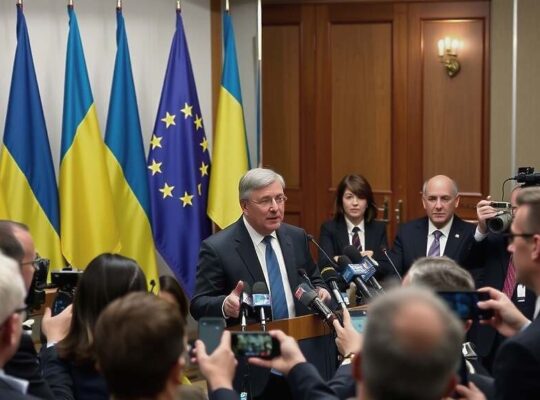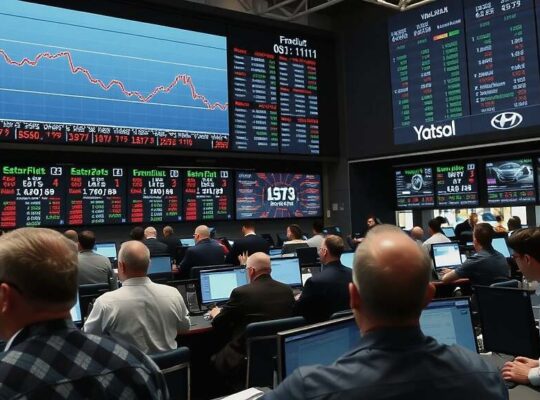Negotiations surrounding a potential end to the war in Ukraine remain shrouded in secrecy, with significant details withheld from public view. The White House has indicated the necessity for further dialogue between Ukraine, Russia and the United States to formulate a comprehensive peace agreement. While Kyiv voiced tentative agreement to a U.S. proposal on Tuesday, officials acknowledged “much work” remains, highlighting substantial hurdles to overcome.
President Volodymyr Zelenskyy is reportedly pushing for an expedited return to Washington, aiming for a meeting at the White House within the coming days to finalize the agreement and secure a breakthrough. This urgency suggests a potential disconnect between Zelenskyy’s timeline and the complexities of ongoing negotiations.
Moscow, however, is signaling potential resistance. Russian Foreign Minister Sergey Lavrov has cautioned that the Kremlin may reject a revised peace plan from the U.S. if its conditions deviate significantly from the terms tentatively established during the 2021 meeting between then-President Trump and Putin in Alaska. This reference implies a reluctance to compromise on previously asserted red lines and raises concerns about Russia leveraging these past arrangements to dictate the terms of a potential settlement.
European actors are attempting to navigate this volatile landscape. A coalition of willing nations convened Tuesday to influence the negotiation process and, crucially, to prevent what they perceive as potentially excessive concessions to Russia. Adding to the intricate web of diplomacy, a prior telephone conversation between German opposition leader Friedrich Merz and President Zelenskyy took place, although the conversation yielded no publicly disseminated details. The reluctance to release information suggests a heightened sensitivity surrounding the nuances of European involvement and the potential for misinterpretations to derail already fragile progress. The unfolding situation underscores the inherent risk of a protracted conflict, where competing interests and divergent preconditions threaten to obstruct a lasting and equitable resolution.






